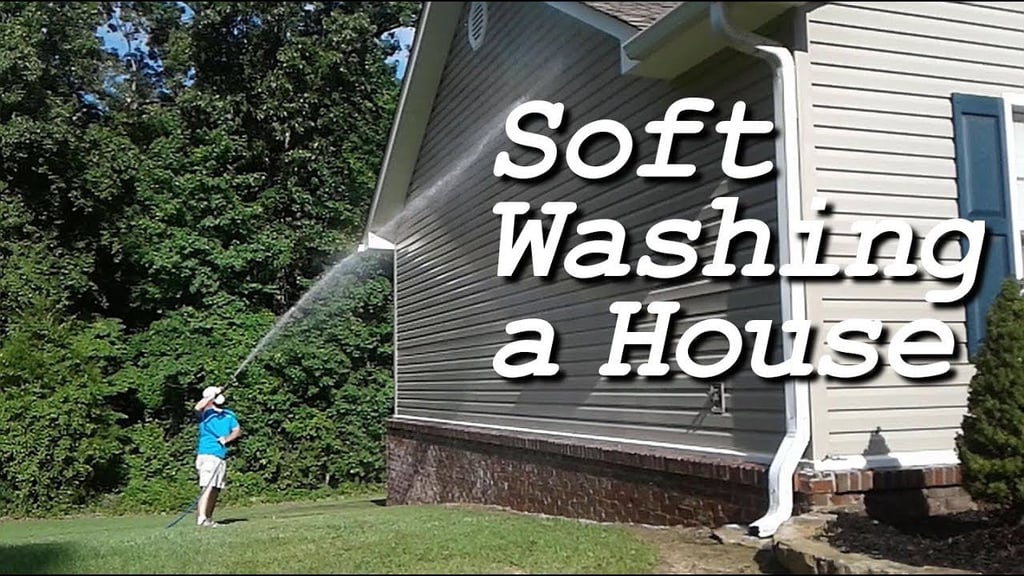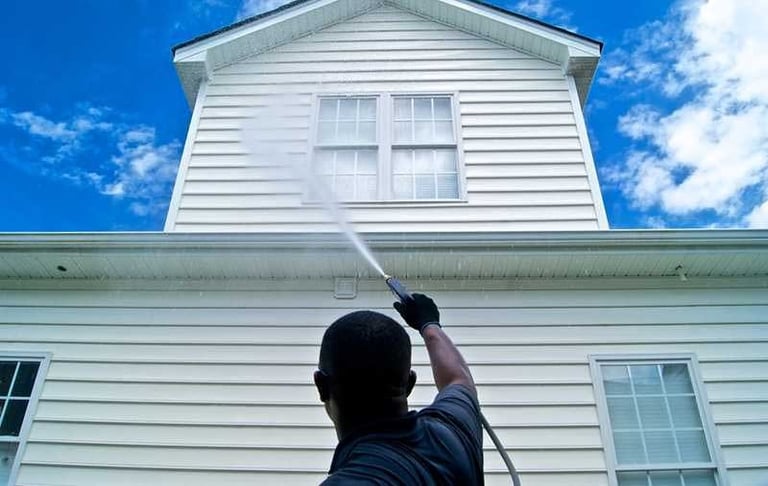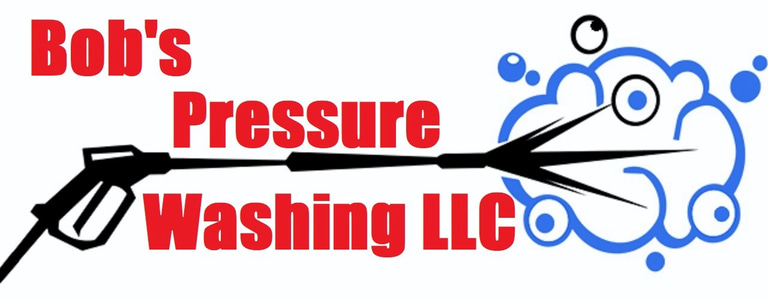Understanding Soft Washing
Definition, Benefits, and Key Differences between Soft washing vs Pressure Washing
EXTERIOR CLEANING SERVICE PROCESSESBASIC HOME MAINTENANCECURB APPEALPRESSURE WASHING SERVICES


Definition and Meaning
Soft washing is an innovative cleaning method that utilizes low-pressure water coupled with specialized solutions to effectively and safely eradicate mildew, bacteria, algae, and other organic stains from various surfaces. This technique was developed as a safer alternative to traditional high-pressure washing, which can often cause damage to delicate materials.
The origins of soft washing can be traced back to the need for a gentler cleaning approach, particularly for surfaces that are prone to damage under high pressure. Unlike pressure washing, which relies on the sheer force of water to remove dirt and grime, soft washing employs a combination of water and biodegradable cleaning agents. These solutions are specially formulated to break down contaminants at a molecular level, ensuring a thorough and long-lasting clean.
Soft washing is particularly suitable for surfaces that require a more delicate touch. Common applications include roofs, siding, fences, and other materials that could be easily damaged by the intense force of high-pressure washing. For instance, asphalt shingles on roofs can be dislodged or worn down by high-pressure water, leading to costly repairs. Soft washing, on the other hand, gently cleans these surfaces without causing harm.
Another key advantage of soft washing is its eco-friendliness. The cleaning solutions used are designed to be environmentally safe, posing no harm to plants, pets, or humans. This makes soft washing a preferred method for homeowners and businesses looking to maintain their properties without compromising environmental integrity.
In essence, soft washing is a highly effective, safe, and environmentally responsible cleaning method. It stands out from traditional pressure washing by offering a gentler, yet equally efficient, approach to maintaining the cleanliness and integrity of various surfaces.
Residential Soft Washing vs Pressure Washing: Key Differences
In the realm of residential cleaning, understanding the distinction between soft washing and pressure washing is crucial for achieving optimal results. Soft washing and pressure washing primarily differ in their approach to water pressure, cleaning solutions, and the types of surfaces and stains they target.
Soft washing utilizes low water pressure combined with specialized cleaning solutions to gently clean surfaces. This method is particularly effective for delicate surfaces like roofs, siding, and wooden decks. The cleaning solutions used in soft washing are designed to break down organic matter such as algae, mold, and mildew, making it ideal for removing biological stains without causing damage. In contrast, pressure washing employs high water pressure to blast away dirt, grime, and other contaminants. This technique is best suited for hard surfaces such as concrete driveways, brick walls, and sidewalks where the robust force of water can effectively dislodge stubborn dirt and debris.
When comparing the advantages and disadvantages of each method, soft washing stands out for its safety and environmental benefits. The low pressure reduces the risk of damaging surfaces, and the biodegradable cleaning solutions used are environmentally friendly. However, the effectiveness of soft washing can be limited on very tough stains or heavily soiled areas, where pressure washing might be more efficient. Conversely, while pressure washing can quickly clean hard surfaces, it poses a higher risk of surface damage and is not suitable for delicate materials. Additionally, the high water pressure can contribute to environmental concerns, such as water waste and potential chemical runoff, depending on the cleaning agents used.
Real-world scenarios further highlight these distinctions. For instance, cleaning a roof infested with moss growth is best tackled with soft washing to avoid damaging shingles. On the other hand, removing stubborn dirt and oil stains from a concrete driveway is where pressure washing excels. Insights from industry experts and homeowners who have used both methods underscore these differences. Experts often recommend soft washing for its gentle yet effective approach on sensitive surfaces, while homeowners appreciate pressure washing for its efficiency on tough, durable materials.
Understanding these key differences ensures that homeowners can make informed decisions about which cleaning method to employ, ultimately enhancing the longevity and appearance of their property.
What is Soft Washing?


